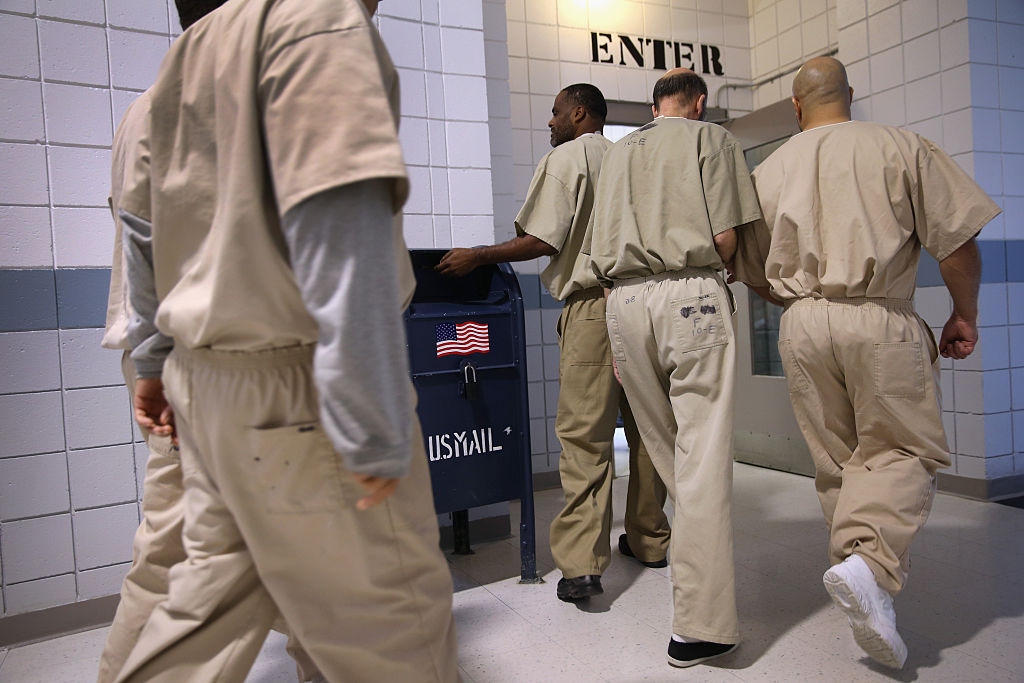The DOJ says it's unconstitutional to detain people only because they're too poor to make bail


A free daily email with the biggest news stories of the day – and the best features from TheWeek.com
You are now subscribed
Your newsletter sign-up was successful
The Justice Department said in a court filing Thursday night that holding people in jail purely because they are too poor to pay a fixed bail fee is a violation of their constitutional rights. This is the first time the DOJ has made this argument in a federal appeals court.
"Although the imposition of bail ... may result in a person's incarceration, the deprivation of liberty in such circumstances is not based solely on inability to pay," the amicus curiae brief said. "But fixed bail schedules that allow for the pretrial release of only those who can pay, without accounting for ability to pay and alternative methods of assuring future appearance, do not provide for such individualized determinations, and therefore unlawfully discriminate based on indigence."
The DOJ's reasoning particularly targets pretrial detentions of those arrested for low-level, nonviolent offenses — people whose release would pose no threat to society at large. This distinguishes between people held on bail because they're dangerous and those held only because they're poor.
The Week
Escape your echo chamber. Get the facts behind the news, plus analysis from multiple perspectives.

Sign up for The Week's Free Newsletters
From our morning news briefing to a weekly Good News Newsletter, get the best of The Week delivered directly to your inbox.
From our morning news briefing to a weekly Good News Newsletter, get the best of The Week delivered directly to your inbox.
The brief was filed in the case of Maurice Walker of Calhoun, Georgia, who was arrested for walking while drunk and held for six days in jail before trial. He could not pay $160 bail because he lives on a monthly Social Security disability stipend of $530.
A free daily email with the biggest news stories of the day – and the best features from TheWeek.com
Bonnie Kristian was a deputy editor and acting editor-in-chief of TheWeek.com. She is a columnist at Christianity Today and author of Untrustworthy: The Knowledge Crisis Breaking Our Brains, Polluting Our Politics, and Corrupting Christian Community (forthcoming 2022) and A Flexible Faith: Rethinking What It Means to Follow Jesus Today (2018). Her writing has also appeared at Time Magazine, CNN, USA Today, Newsweek, the Los Angeles Times, and The American Conservative, among other outlets.
